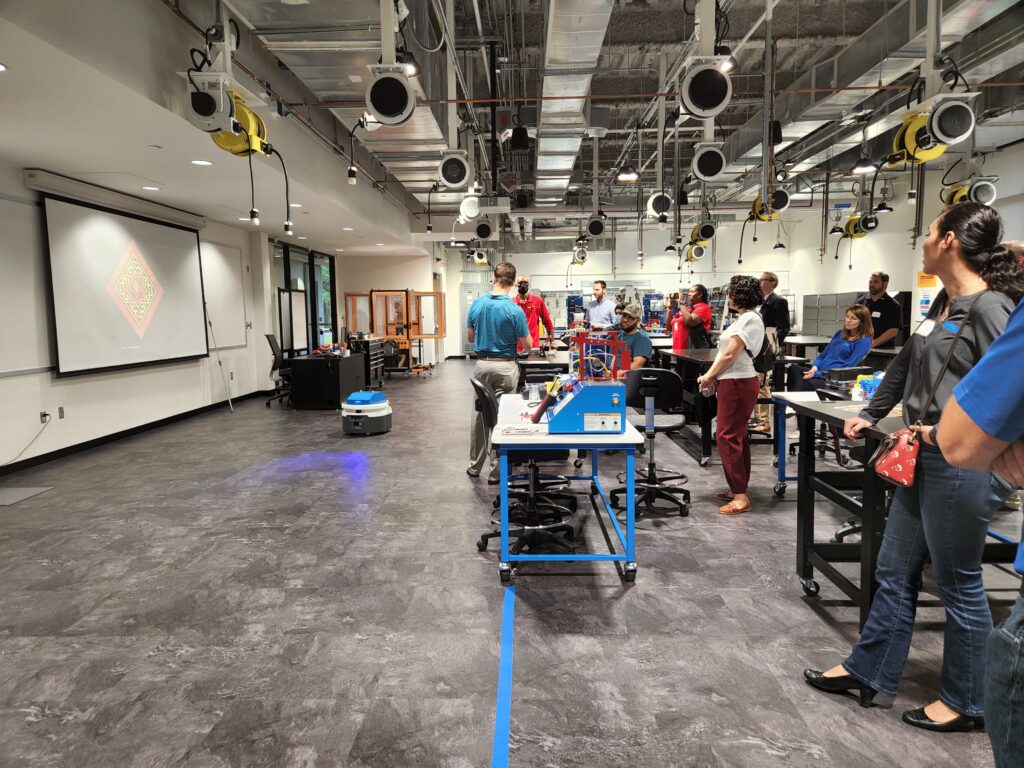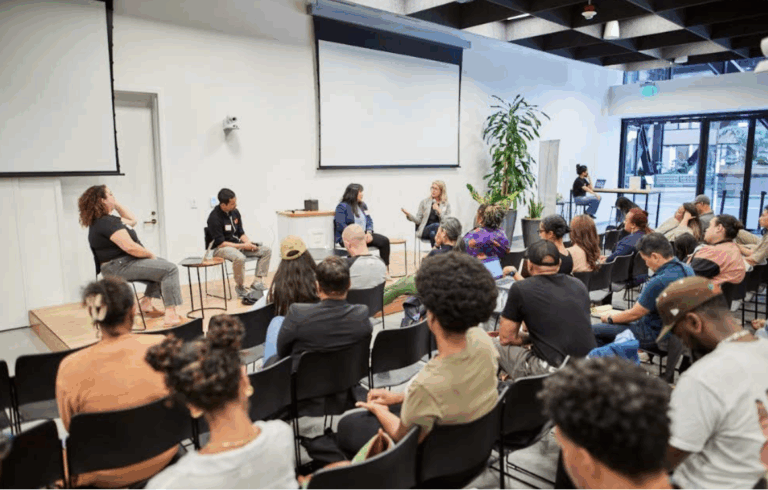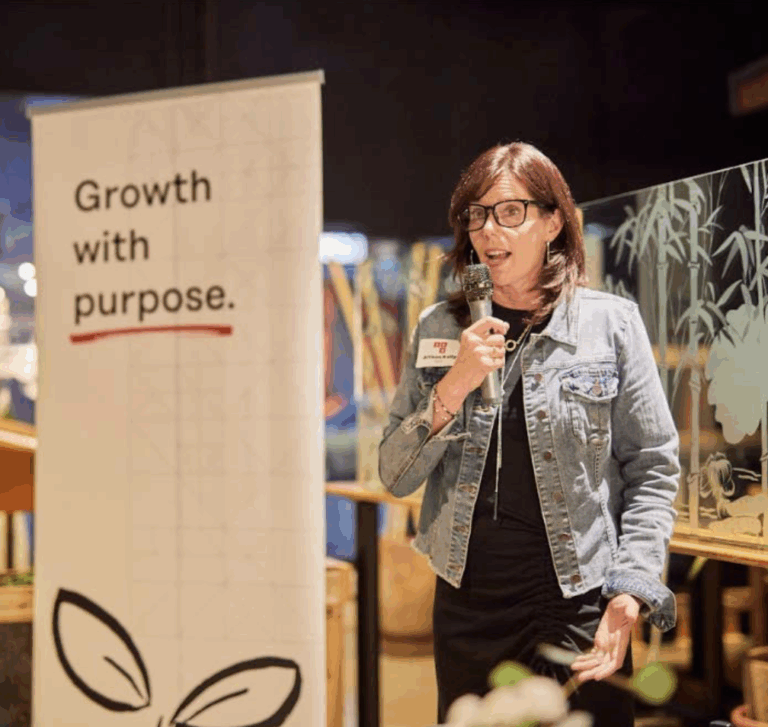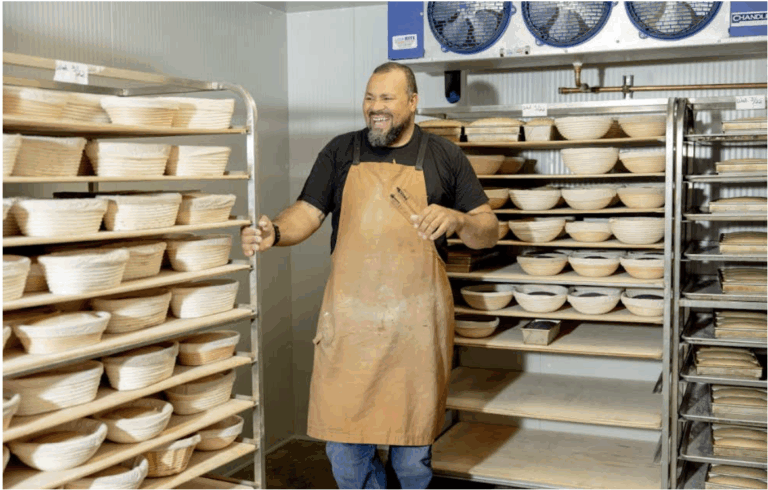
The University of North Carolina at Chapel Hill Department of City and Regional Planning and the Urban Manufacturing Alliance examine partnerships between Manufacturing Extension Partnership (MEP) programs, workforce intermediaries, and other community stakeholders to create strong manufacturing sectors that offer well-paying careers in three urban regions.
The first case study in the series from Buffalo, New York exemplified the strength of multi-sectoral partnerships in cultivating a robust social infrastructure to attend to workforce development needs in the sector and match that need to local capacity building. Read our key takeaways in this research brief.
The second and third case studies in the series come from Orlando, Florida and Baton Rouge, Louisiana, and illustrate the importance of considering timescales when thinking about the scale of impact. What follows is our key takeaways from these case studies, and the second installment in our series that dives deeper into how multi-stakeholder partnerships in advanced manufacturing can improve inclusion and innovation in the sector by supporting both workers and firms.
Orlando Case Study: “Building Resilience Through Career Transitions”
In Orlando, Florida, as in other tourism reliant economies, 2020 was marked by a suffering hospitality industry decimated by COVID-19. This economic and social crisis made evident the need for accessible training programs in advanced manufacturing projects. While the urgency of this transition was made clear as hospitality jobs seemingly disappeared overnight, the need for a route to careers with growth potential and the ability to earn a family-supporting wage was lingering long before the effects of a pandemic set in. The case in Orlando highlights the strengths of taking a multi-sectoral approach to building an infrastructure for access to advanced manufacturing careers for the local workforce based on partnerships between higher education, community and workforce development organizations, and public-private partnerships.
The urgency of the economic situation in Orlando as a result of the pandemic became a catalyst for the creation of a pathway to advanced manufacturing careers for a particular share of the workforce that is historically underrepresented in advanced manufacturing and overrepresented in hospitality: women, people of color, speakers of English as a Second Language, and those with less formal education. In addition to creating pathways toward less precarious employment, training included job-seeking skills, compensation negotiation, and alumni connections to help inform future jobseekers.
By taking advantage of the expediency of pandemic responses, the approach took up the energy and pace of a crisis without losing sight of the infrastructural need to create lasting benefit to workers. The Orlando community was able to deploy resources to offer additional support to help overcome pre-existing barriers for workers interested in making the transition including support for transportation, child care, housing and other costs associated with training. This took shape through rapid non-degree certification that offered a quick response to the surplus of hospitality workers and shortage of manufacturing workers. However, an essential component of this strategy moving forward is that these rapid non-degree programs also work to onboard workers to full degree programs in the region. By repositioning existing workforce training infrastructure to attend to the pace of a crisis, without losing the strength of long standing programs, these approaches are able to work complementary to each other rather than in competition.
The Orlando case prioritized the pace of a crisis to harness an opportunity for change while also keeping an eye toward lasting infrastructural support. As we will see, Baton Rouge prioritizes the pace of trust-building through retrospective insights as necessary to thoughtfully moving into a new age of renewable energy in advanced manufacturing.
Baton Rouge Case Study: “Centering Community for Economic Mobility”
In Baton Rouge, the relationship between advanced manufacturing industries and the community has been strained by environmental injustice, racial tensions, poverty, and income inequality for decades. The relationships between the community and the petrochemical and oil-refining industries of the area are deep and complex making the process of building trust incredibly important. Unlike the pace of crisis response in Orlando, the pace of trust-building is slow. And in the case of Baton Rouge, it requires careful examination of history and efforts to rewrite that history with community at the center of the narrative.
This process includes revisiting painful history and coming to terms with how that history has shaped the present. However, as the community has rightfully recognized, this work is necessary to moving forward in the interest of the community in regard to fighting income inequality. The petrochemical and oil-refining industries are a source for income generation, but these industries have struggled to retain local workers on their payrolls, especially in higher paying leadership roles, resulting in a lost opportunity to build wealth and increase income equality for communities of color. Another challenge of the petrochemical and oil-refining industry in the region is the conglomeration of the sector into just a few large firms. In order to be sure that a move into advanced manufacturing is not limiting workers’ professional prospects, organizers created a robust network to help workers stay abreast of other opportunities across the industry, and thus helping to empower workers.
In order to attend to these challenges, Baton Rouge Community College created the North Baton Rouge Industrial Training Initiative (NBRITI) to provide fast-track, no-cost training to local workers. NBRITI is focused on extending this job training program to include local workers and communities of color in future work in the renewable energy industry. As efforts to shift away from petrochemicals pick up speed, local workers will be able to transition into emerging industries, such as solar, more easily. Through both program design and partnership creation, the Baton Rouge program is fostering resilience in both skills and networks that set workers up for long-term success.
What can we gleam from these three case studies about responsibly and impactfully scaling impact, particularly in regard to workforce development initiatives? Read the final piece in our series here.
This research brief was written by Madison Snider, In-House Research Fellow at Siegel Family Endowment





